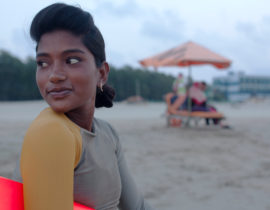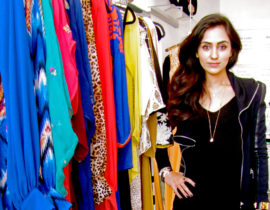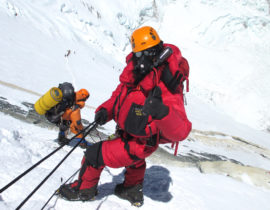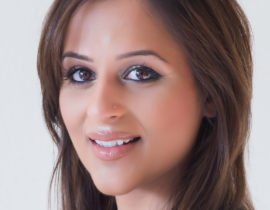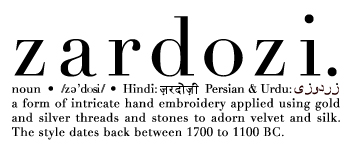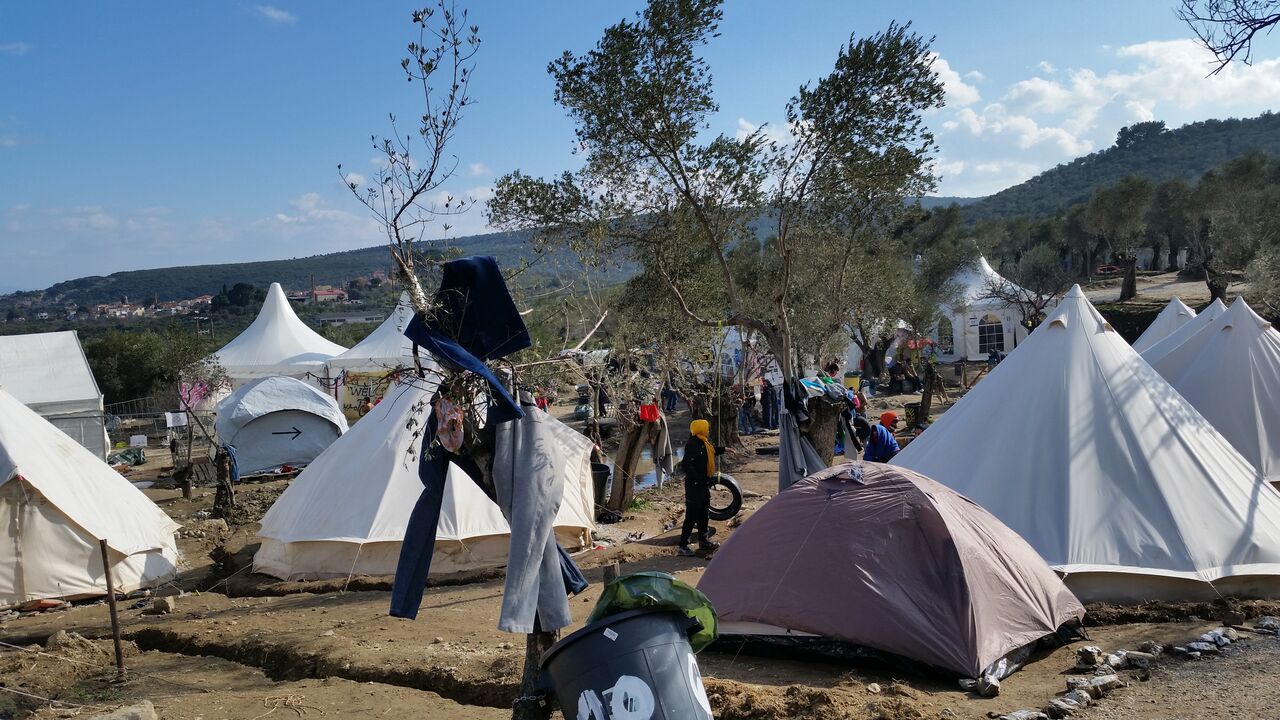
The refugee crisis is all over the news and Dallas based makeup artist, Shilpa K. Thomas wanted to see first hand how she could help the people who were fleeing their homelands.
For a while now, I have wanted to merge my love for travel and desire to help others. My best friend, Enas, had brought up the idea of going to the Greek Island, Lesvos, to volunteer with the organization called Better Days for Moria.
Within 24 hours our flights and hotels were booked with only three weeks till our departure date. I became anxious. What would we be doing? What would we see? How will I feel during and after it all? It all kind of scared me.
Refugees from the Middle East, Asia, and Africa make the trip from Turkey to Greece through the Aegean Sea. If they survive the journey and end up on the shores of Lesvos, they are taken to a camp where they await registration in order to transit through to Athens and continue their journey in Europe. Thousands of refugees have passed through the Moria Camp.
It was finally time to go. I was a ball of anxiety, fear, and excitement. Throughout my trip, I often thought to myself why I was chosen to live this privileged life that I so frequently have taken for granted. I complained about the most trivial things, would get upset over the things that I didn’t have or wanted more of. I never really took the time to appreciate the fact that I always had an abundance of food on the table, a closet full of clothing to keep me warm and a safe place to call home.
This experience has taught me to appreciate the small things, which I often forget are the big things that I take for granted and that many people live without.
Our first day at the camp was a crazy one. They were low on volunteers that day so were thrown right in to bus duty. We got a quick overview on what to expect and what we needed to do. The first bus arrived and a rush of refugees came flooding out. We had to direct the crowd, “Syria, to the right” and “Afghanistan, up the hill.”
There were two separate areas; one for Arabic speaking and one for non-Arabic speaking refugees. A majority of the non-Arabic speaking refugees were from Afghanistan and some from Iran, and Pakistan.
They didn’t have many Arabic speaking volunteers at the camp so Enas translated for the Syrians. I felt useless at that time. I was nervous and wasn’t ready to immerse myself in the situation quite yet because I was outside of my comfort zone.
Eventually, I was asked to help up the hill where the non-Arabic speaking refugees were directed to register. Enas and I were separated and I think that was the best thing that could have happened for me. It forced me to stop using her as a crutch and to be more independent.
There were busloads of refugees headed our way. A lot of what we had to do was crowd control to keep it organized and to avoid creating any tension between the police and refugees.
There were a few moments on that hill when I actually had the chance to have conversations with some of the refugees. I was so eager to hear their stories.
One of the most memorable people I met was Marium, a 15-year-old girl from Afghanistan. When I first met her, Marium had five little children who were clinging to her and were crying asking her to give them food because they were hungry. remembered that I had three snack bars in my purse. I handed them to Marium and she broke them into pieces and gave it to the little children, while only taking a small bite herself. She was poised and mature, so I assumed she was their mother.
Now, this child is forced to be an adult and be the mother figure to her siblings. I didn’t think that someone that I had only known for less than an hour could affect me so deeply.
— Shilpa K. Thomas
With her broken English, she explained to me that she was only 15 and they were her siblings and cousins. She had left Afghanistan with her family because they were living in constant fear. Her eyes welled up with tears, as she told me that her mother had been killed by the Taliban a month ago. I just wanted to fall to my knees and cry, but I couldn’t. I just held her hand and hugged her. Now, this child is forced to be an adult and be the mother figure to her siblings. I didn’t think that someone that I had only known for less than an hour could affect me so deeply.
We kept running into each other during the time I was there and we just had a connection. It didn’t feel like we were strangers. It might sound odd but I felt as if I loved her. I admired her strength and courage and the way she selflessly took care of her siblings reminded me of my oldest sister. Before I left Lesvos, I gave her my number and I hope to hear from her one day. I pray that Marium and her family are safe.
I had to pretend to be strong for these people who were afraid and unsure of where they were and what they had to do. They would be looking to me for help so I had to act like I knew what I was doing.
I had to almost shut off the part of my mind where I analyze everything and almost go numb for so I wouldn’t think about what was really happening here just so I didn’t break down and could get the job done. There were a few moments in the middle of the night when people’s faces and our encounters flashed in my mind and I cried quietly to myself.
It is easy to feel a disconnect with this issue especially because it feels so far away or maybe because they don’t look like us or speak our language but they are us and we are them. This experience made it all real for me. It put names, faces, and tears to these news stories.
These refugees did more for me than I did for them. They taught me that we, as human beings, don’t have to speak the same language to understand each other. We connect through touch, laughter, tears and smiles. I learned that no matter where you come from, what religion you follow, what the color of your skin is or how much money you have, we all want the same small things, like food, clothing and shelter and to feel safe and provide for our family.
A cousin of mine had said that a mother’s hope for her children is to be safe and to have a full belly. This is the same hope that these mothers and fathers had for their own children and they were willing to risk their lives and the lives of their children to fulfill that need.
Over 40 people died trying to get to Lesvos on our first day. That means fathers, brothers, mothers, daughters, grandparents and babies.
To volunteer or donate visit http://www.betterdaysformoria.com/donate/

